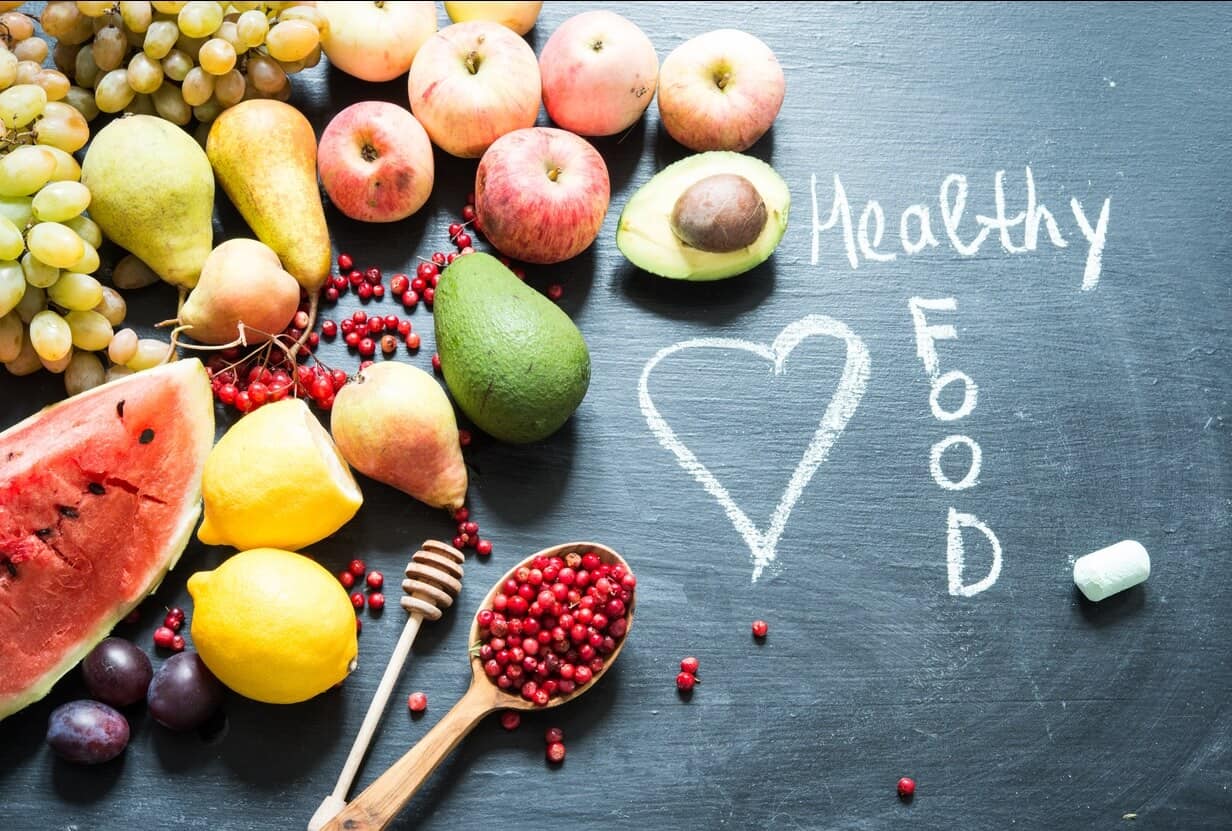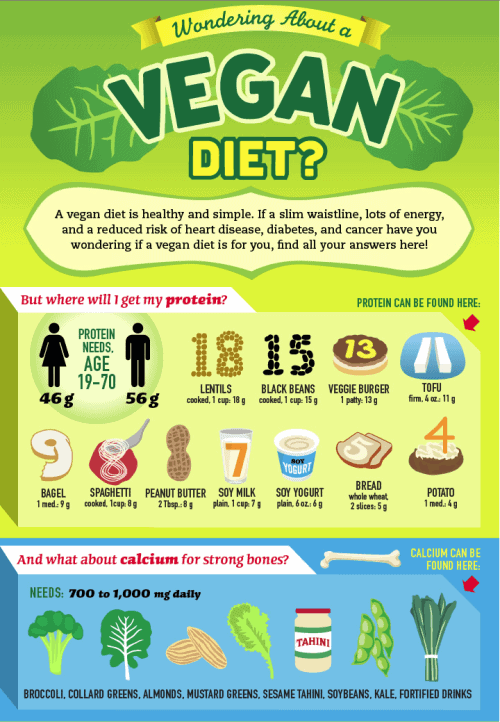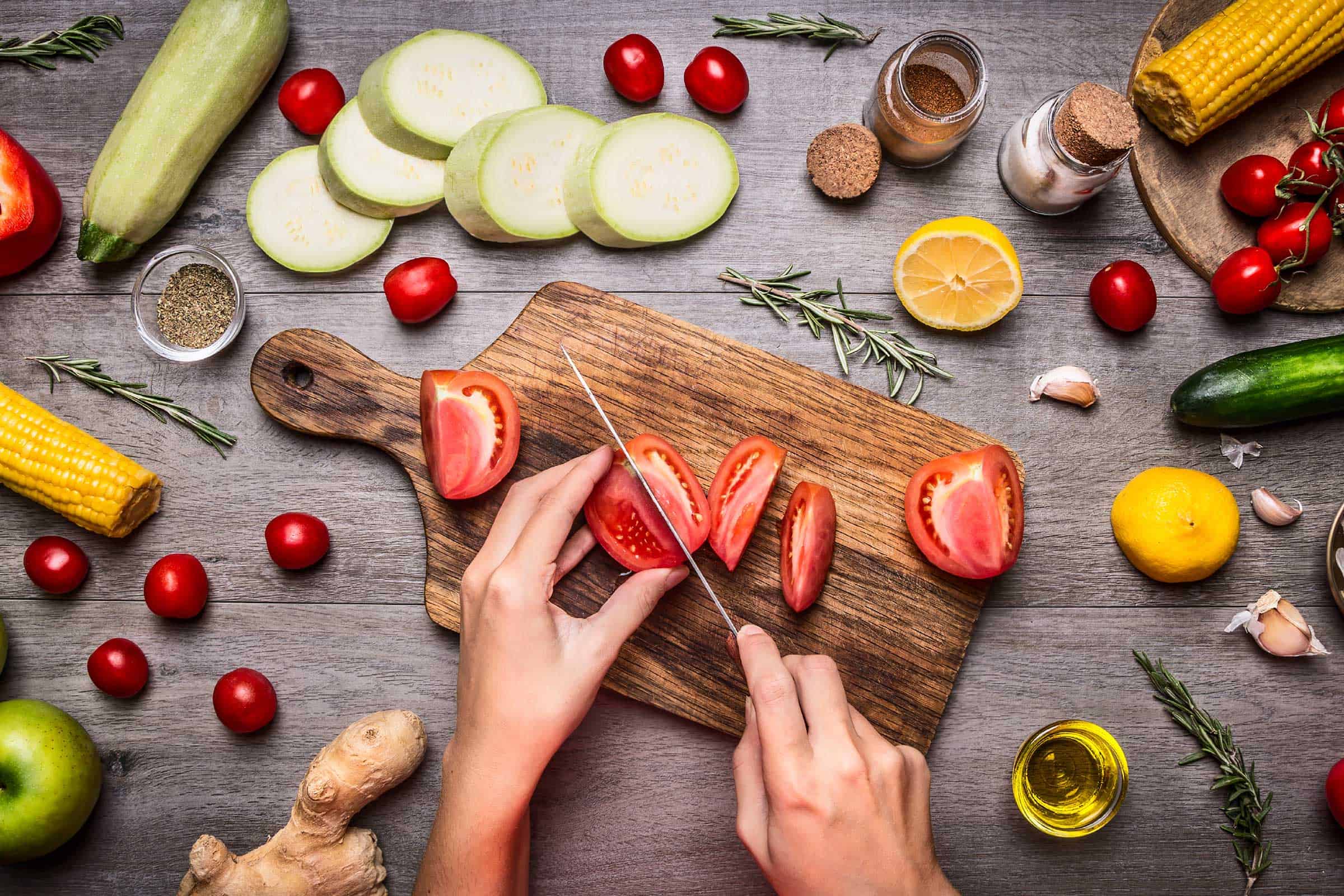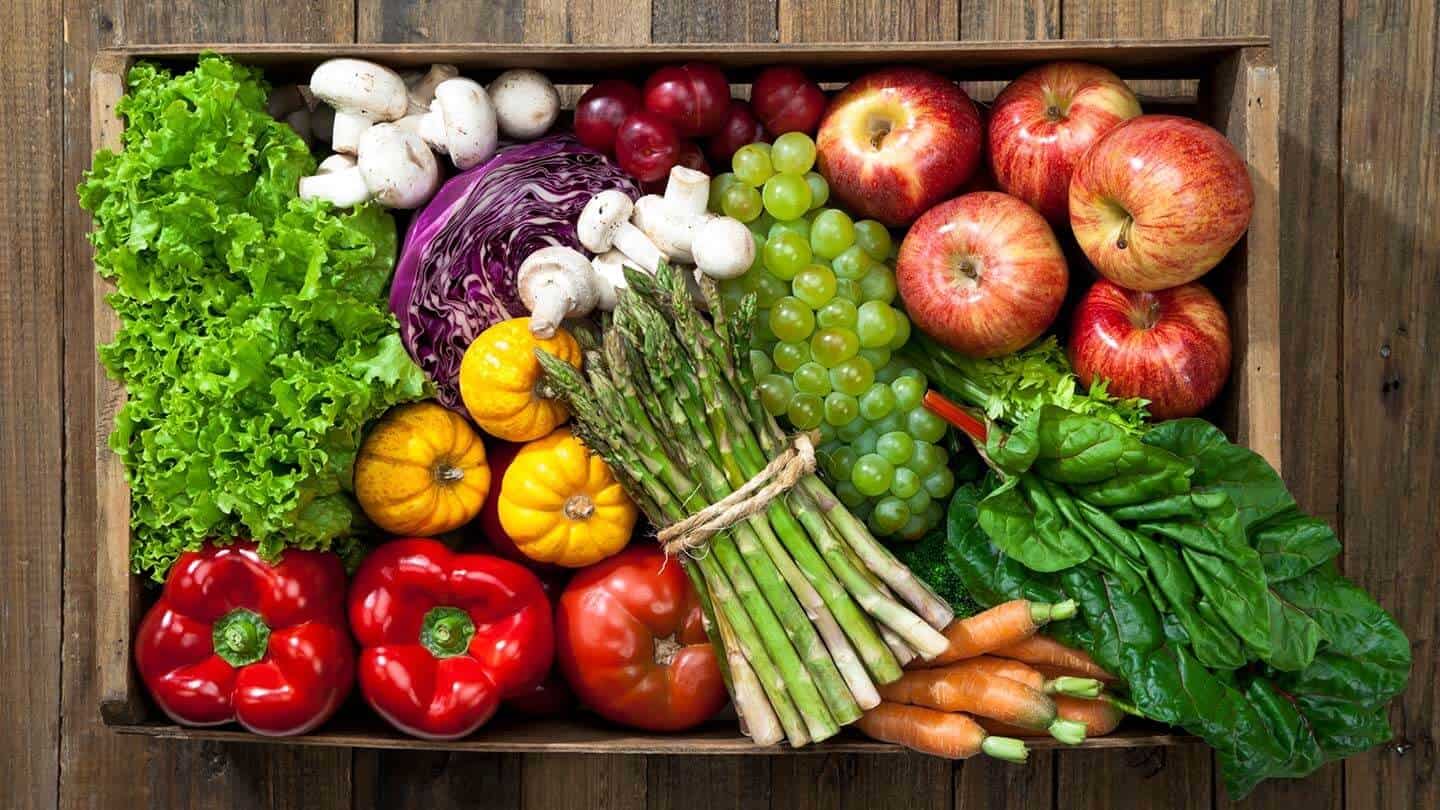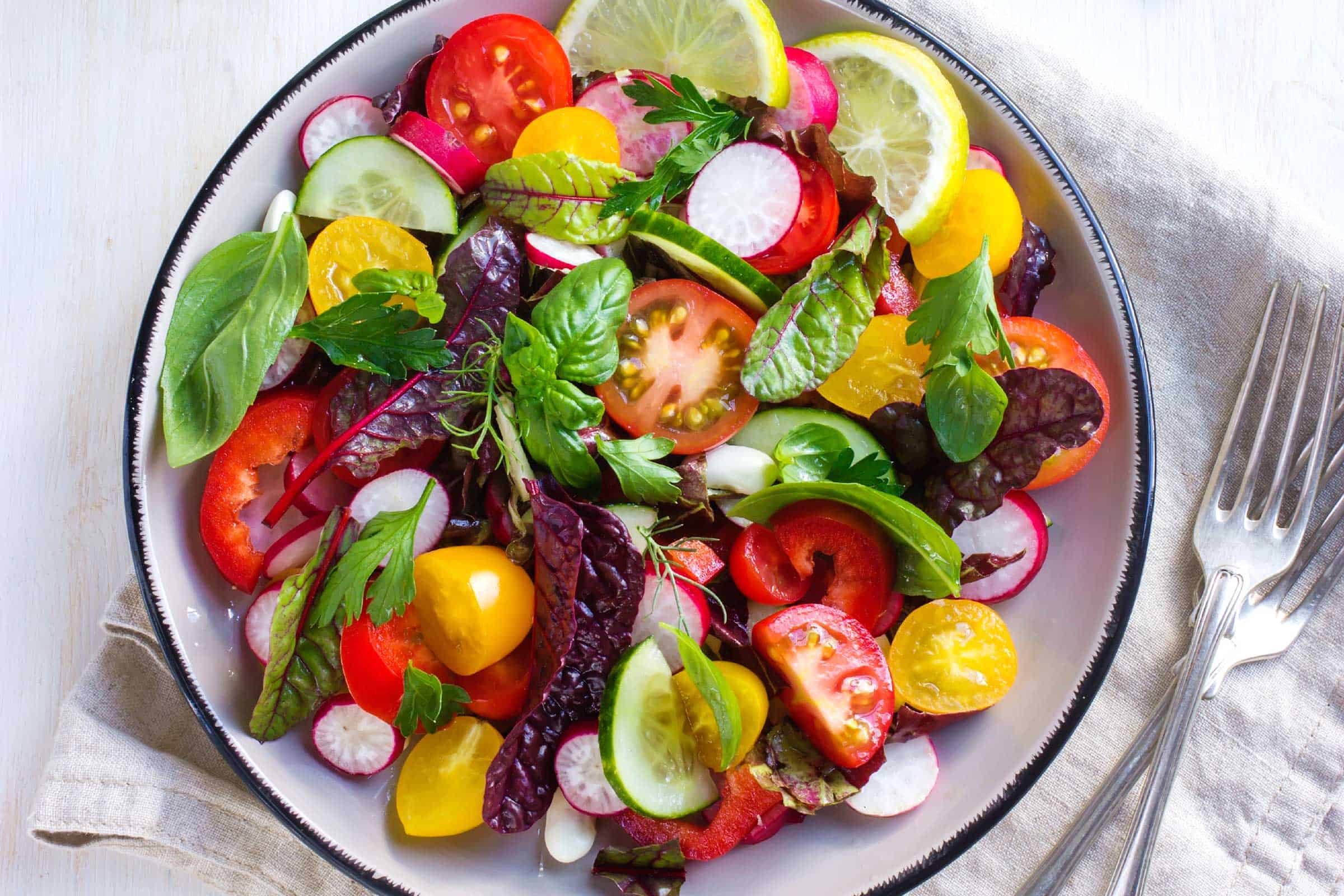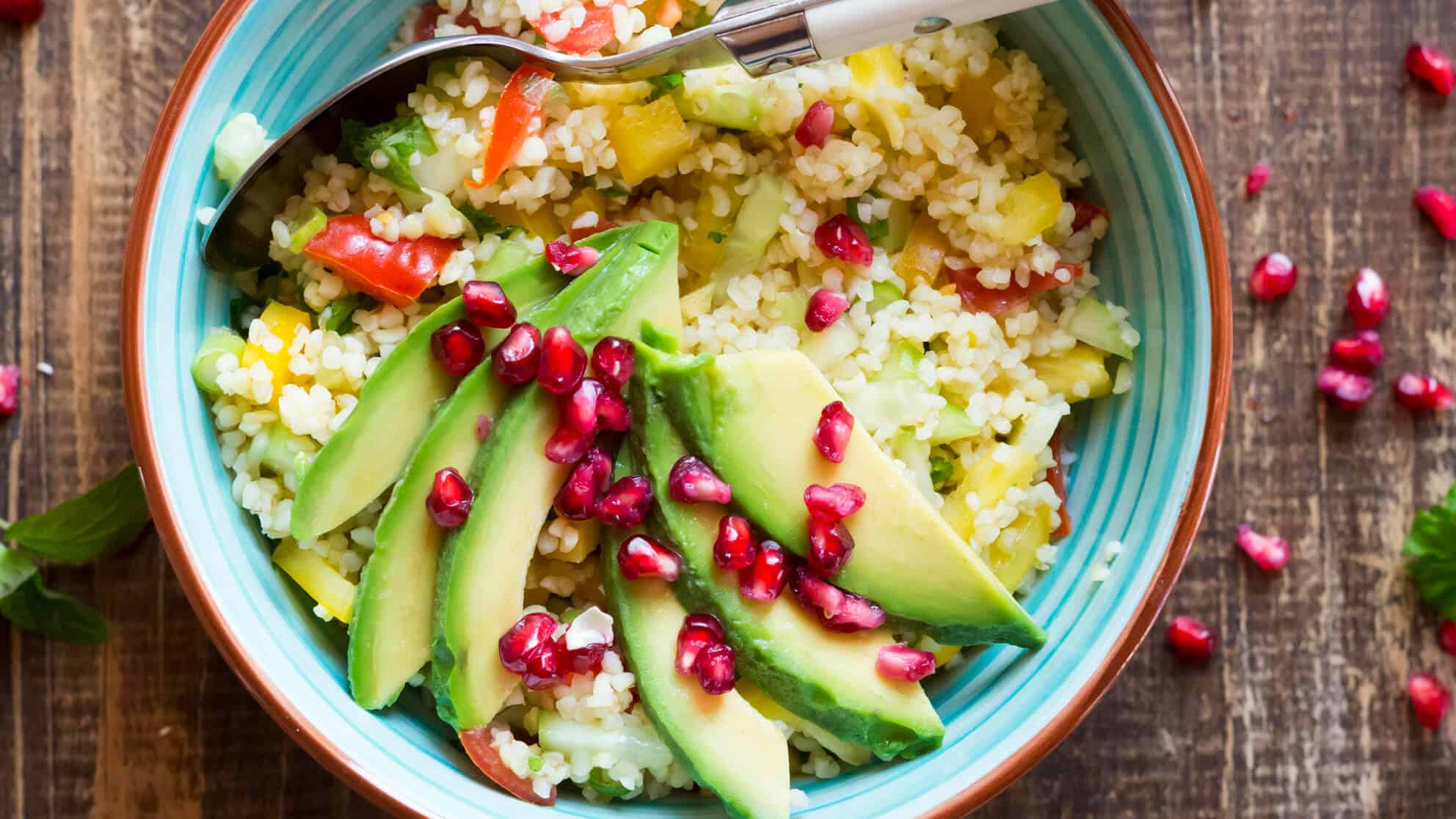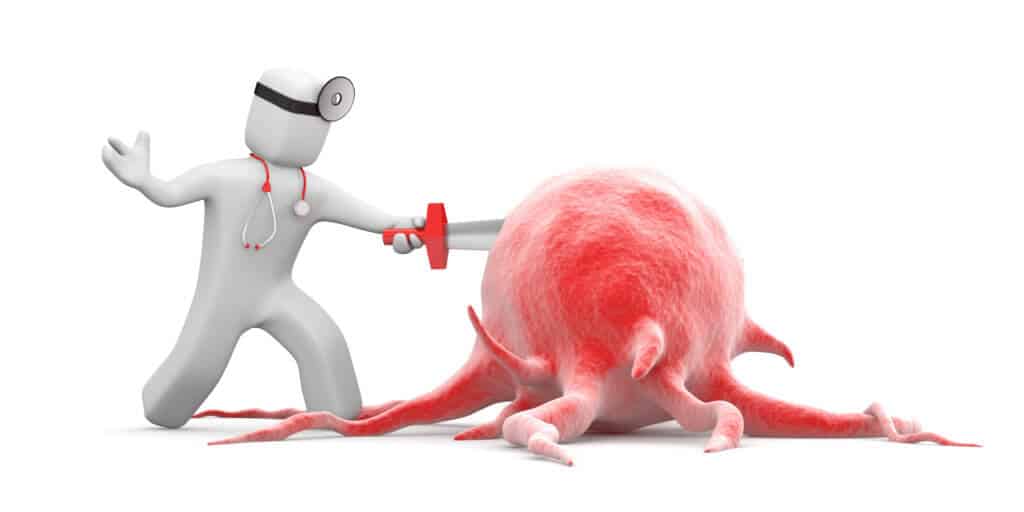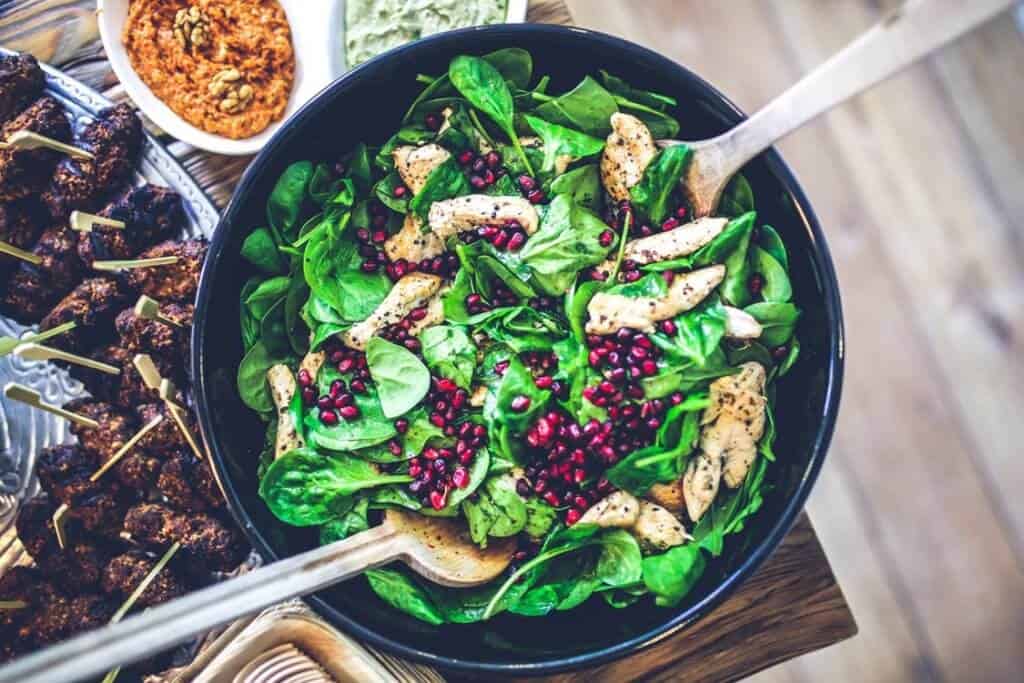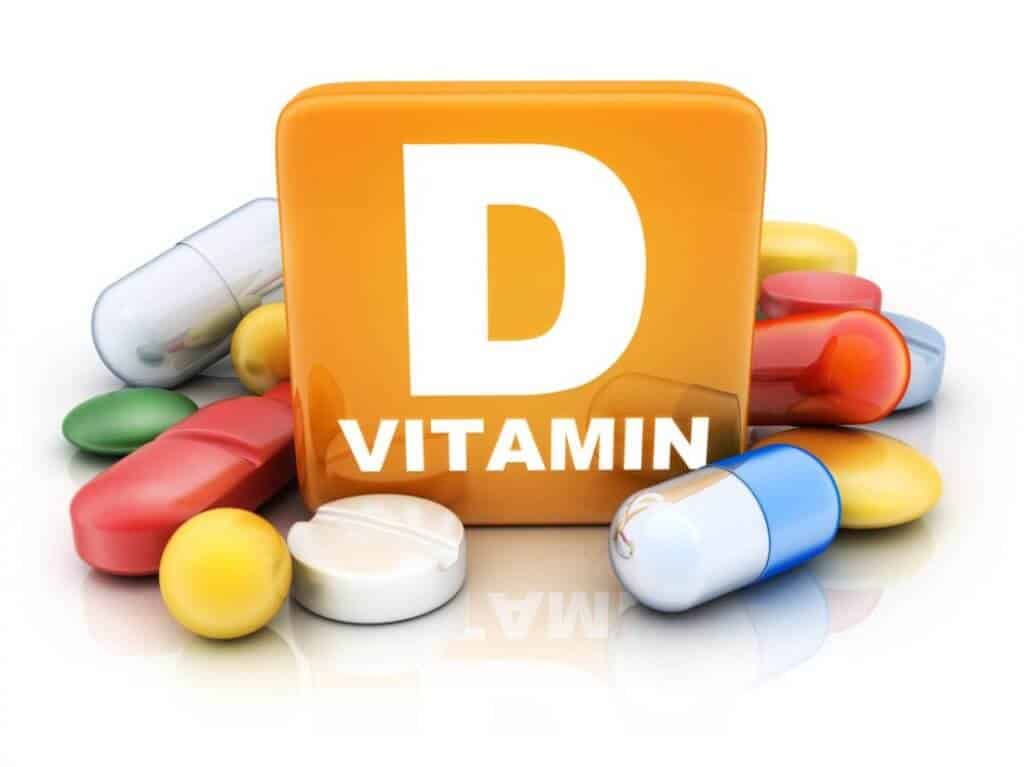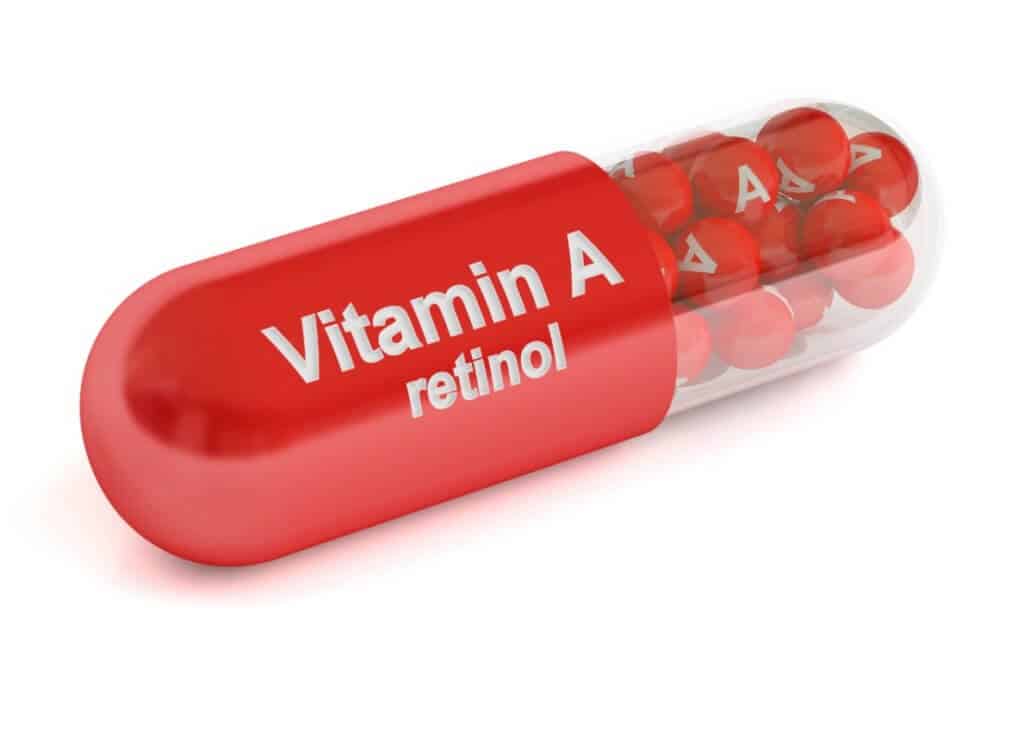Vegan Diet | Detailed Guide for Beginners - 17 Things You Need to Know
The vegan diet can be a very divisive topic. Some people are strong supporters, while others remain very skeptical.
The truth about the vegan diet is quite complex. It can have many benefits, but it also has its drawbacks and can be a difficult diet to follow.
But, what is a vegan diet exactly? What can you eat on a vegan diet? Is a vegan diet good for you? What are the real benefits? Learn the answers to all these questions, plus much more.
Vegan Diet | Detailed Guide for Beginners Video Review
What is a Vegan Diet?
What is a vegan diet? Veganism can be considered a sub-category of vegetarianism.
Vegetarianism has been around since ancient times, most notably in Ancient India and Ancient Greece.
The practice of eschewing meat can be seen throughout history. For the United States, in particular, vegetarianism started to become more of a mainstream idea in the 1800’s.
Vegetarians during this period were often ethically or spiritually motivated, and American vegetarianism in the 1800’s was often closely associated with other movements, such as the temperance movement (a movement to abstain from alcohol).
Almost since civilization began, there have been people who practice the vegan diet. However, they were not very much distinguished from vegetarians.
The word “vegan” was not coined until the year 1944, by the animal rights advocate Donald Watson.
Veganism as a concept, when the word was first coined, was motivated by the conviction that it is immoral to exploit animals for their meat, milk, eggs, leather, or anything else.
Those who adhere to the original belief against the exploitation of animals are known as ethical vegans; for these vegans, it goes far beyond just what you eat and is rather a lifestyle philosophy.
Ethical vegans are against things such as the production of leather, the production of fur, and animal testing and experimentation.
Nevertheless, there is still a large percentage of vegans for whom the focus is on what they eat; this article focuses on the vegan diet rather than an overall vegan lifestyle.
People of many different creeds and belief systems eat vegan diets. Modern vegans can have a wide variety of motivations for adopting this diet.
They may want to protect the environment, have food sensitivities that keep them from eating animal products, have spiritual beliefs that lead them to veganism, or simply want to reap all the health benefits.
The Vegetarian Resource Group says, the vegan diet plan has risen rapidly in popularity during the 21st century. In the United States alone, 3.7 million people eat vegan.
This is about 3.3% of all adults or 1 in 30. Research shows that veganism is more popular with certain demographics—women, adults ages 18 to 34, and people who live in the Northeast of the country.
However, there is also an uptick in the popularity of veganism for people ages 55 to 64, possibly because of those experiencing ailments as they age to improve their health with this way of eating.
“Veganism is also a great lifestyle choice for those concerned about the environment and the health-conscious. It’s much more efficient to consume crops directly rather than feed them to farmed animals and then eat the animals. Vegans, by definition, also tend to eat more fruit and vegetables which are among the healthiest foods out there, contributing to their great health.” states Dominika Piasecka, Spokeswoman for The Vegan Society.
Products Similar to Vegan Diet | Detailed Guide for Beginners
| Product | Review | |
|---|---|---|
| Benecol | read | |
| Noom | read |
What Can You Eat on a Vegan Diet?
What does a vegan diet consist of? There’s a big difference between vegan and vegetarian.
Vegetarians do not eat the flesh of mammals, poultry, fish, or any other animal.
However, this is the only restriction. Vegetarians continue to eat everything else that isn’t meat, poultry, or fish.
This includes non-meat animal by-products like dairy, butter, eggs, and honey.
However, vegans go further than vegetarians and exclude not only meat but all animal by-products from their diet.
This means that vegans do not eat meat, poultry, fish, dairy, butter, eggs, or honey.
It is not uncommon for those following a very strict vegan diet to also abstain from eating foods made with animal-derived additives—for example, cochineal, a red food dye made from the dried bodies of a species of beetle.
For many Americans, meat and various animal products form a major part of the diet.
This can make the list of foods forbidden on a vegan diet seem rather restrictive.
However, those considering the vegan diet should instead focus on what they can eat. So, what does a vegan diet consist of?
The vegan daily diet revolves around fruits, vegetables, beans, legumes, nuts, and seeds.
Given that there is immense variety within each of these categories, vegan-friendly meals can offer a lot of variety, especially when seasoned creatively.
Strict Vegan Diet
Even a strict vegan diet can be a lot of fun to work with.
“If you think the vegan diet is boring and restrictive, you’re in for a delicious surprise. Once you break up with animal products, you’ll discover a whole new world of foods and flavors. Mealtime becomes exciting and adventuresome. Plus, with the increasing popularity of veganism, you’ll find more and more options on your grocery store shelves. Bonus: When you eat a well-rounded diet of healthy, plant-based foods, you rarely have to count calories or measure portions. That’s liberating!” states Lisa McComsey, coauthor of Vegan Cheat Sheet and a reformed omnivore.
However, the best vegan diet not only does not contain any meat or animal products, but it should also be well-planned.
Just because food is vegan does not mean you should eat it all day long!
After all, there are many vegan cookies and other unhealthy snacks available.
Those following the vegan diet should make sure each meal has a good blend of fruits and vegetables, healthy carbohydrates, plant-based protein, and healthy plant fats.
Some attention must also be paid to getting enough of certain nutrients that are not as abundant in plants are they are in animal products.
There are many possible variants of the vegan daily diet, but which is the best vegan diet for you depends on your health goals.
Most notably, the raw vegan diet is a healthy vegan diet plan that only includes raw foods that are not heated up to 118 degrees Fahrenheit.
According to ScienceDirect, proponents of raw diets believe that cooking foods destroy nutrients and enzymes; however, this claim is scientifically debatable.
Raw food diets can increase the risk of food-borne illnesses.
However, this dietary concept may still have its benefits. A raw vegan diet could reduce symptoms of fibromyalgia, according to research.
Some other variants of the vegan diet include the vegan paleo diet, which excludes grain and processed foods; and the no sugar vegan diet, which excludes processed sugar and sometimes fruit.
Is the Vegan Diet Unhealthy?
Is the vegan diet unhealthy in any way? Veganism is by no means a perfect diet.
As mentioned earlier, vegans have a higher intake of certain essential nutrients.
However, there are some other nutrients that vegans often don’t get enough of, especially if they do not plan their diet well enough. The study that found the nutritional advantages of the vegan diet also found some disadvantages.
Vegans are prone to not getting enough vitamin B12, vitamin D, vitamin A, calcium, and omega-3 fatty acids.
Because iron and zinc from plant sources are not very absorb-able compared to the iron and zinc in animal products, vegans may also be at an increased risk for deficiency of these minerals.
Any nutrient deficiency, when untreated, can lead to serious health complications. Many types of nutrient deficiencies, when severe enough, can also be fatal.
This is why the vegan diet must be very well-planned for it to be a healthy choice.
Another disadvantage of the vegan diet is that it can be difficult to adhere to in the long-term.
However, some people also find it very easy to eat vegan; it is a highly individualistic experience.
Improved Nutrition
Is a vegan diet good for you? Research says a resounding “Yes!”.
According to a paper published in the American Journal of Clinical Nutrition, the vegan diet provides higher levels of certain nutrients, compared to the average American diet.
Specifically, going vegan can help you get more vitamin C, vitamin E, folic acid, potassium, dietary magnesium fiber, healthy unsaturated fats, and antioxidants.
As MedlinePlus reports, each of these nutrient advantages has health benefits—for example, eating a reduced-calorie diet may help you live a longer life.
Vegan Diet and Weight Loss
A healthy vegan diet plan could help you lose excess weight, or help prevent future weight gain if you are already a healthy weight.
In one notable study, data was collected from over 65,000 people of varying dietary habits.
This research, published in the journal Public Health Nutrition in 2003, revealed that vegans have the lowest average body mass index of any dietary group.
Compared to meat-eaters, vegans suffer from obesity only one-quarter as often.
Of course, only a properly balanced vegan diet will have this effect—for success on a vegan diet weight loss program, base your meals around low-calorie vegetables and protein, keeping fats and sugary treats to a minimum.
Heart Health
According to NCBI, a meta-analysis of many different studies on the health effects of veganism offered an interesting insight into the effects of this diet on the health of the cardiovascular system.
The meta-analysis also found that vegans have, on average, better blood lipid profiles.
The benefits of a vegan diet for the cardiovascular system are thought to be due to a combination of factors, including the vegan diet’s effects of a reduced body mass index and increased intake of fiber, nutrients, and antioxidants.
Additional Medical Problems
The vegan diet can be even harder to adhere to if you have a medical problem that restricts what foods you can eat.
If you have a gastrointestinal condition that causes you to be intolerant to dietary fiber, the vegan diet is not for you.
Some medical conditions could even be worsened by a vegan diet if the diet is done incorrectly.
Is a vegan diet healthy automatically? No.
The last drawback of the vegan diet that will be discussed here is that omitting animal products is not a guarantee of improved health.
This is especially true if you eat a lot of junk food; after all, there is plenty of vegan-friendly junk food out there, from potato chips to cookies.
In order to get the health benefits of the vegan diet, you must also limit your intake of unhealthy foods, even if they are vegan.
How to Start a Vegan Diet
Those interested in starting a vegan diet should get educated on how to start a vegan diet with a degree of success.
Diving into it without preparation is setting yourself up for failure. There are tons of tips available online for ways to make going vegan easier.
The easier it is to eat this way, the more likely you are to keep it up over a long period, and this consistency is necessary to get the full health benefits of this diet.
You should also be informed about how to stay healthy on a vegan diet to avoid potential nutrient deficiencies.
Starting a vegan diet can present a challenge if you are used to eating frozen foods, fast food, and other convenience foods.
This is because there are fewer options available for vegan convenience food; for what options there are, vegan diet menu items are often more expensive.
If you want to eat vegan but are concerned about having the time to cook vegan-friendly meals, consider weekly meal prep.
At the beginning of each week, you can prepare a large batch of food (ideally food that freezes well) and freeze it in individual portions to re-heat when you need it throughout the rest of the week.
Cooking only once a week saves a ton of time in the long run.
Vegan Foods
For more information and inspiration about weekly vegan meal prep, there are tons of resources online about how to create a good vegan diet meal plan.
When implementing a vegan diet for beginners, having a lot of variety in your vegan diet menu can keep things interesting and therefore help you stick to the diet.
Try out lots of new vegan diet recipes. There are virtually infinite resources for finding new vegan diet recipes online.
It’s also very helpful for some people to eat vegan versions of their favorite foods. For example:
- Almond milk
- Veggie burgers
- Dairy-Free Vegan Pizza
This helps you not to miss your old way of eating so much, making the vegan diet for beginners a breeze.
As mentioned earlier, there are certain nutrients that are easy to miss out on when you’re eating vegan diet foods.
- Vitamin D
- Vitamin B12
- Vitamin A
- Calcium
- Omega-3 fatty acids
Of course, you could take supplements to ensure you don’t become deficient in these nutrients.
However, it is arguably healthier to get all the nutrients you need from food sources, as the human body absorbs nutrients from food much better than from pills.
Vitamin D
To get enough vitamin D while eating a vegan diet meal plan:
- Drink a glass of vitamin D-fortified orange juice
- Eat a serving of mushrooms grown to contain vitamin D (check the package for this information)
- Spend at least 10 minutes in the sun every day
Vitamin A
As for good vegan diet foods with vitamin A, eat at least one serving of an orange-colored fruit or vegetable every day.
Good examples:
- Carrots
- Sweet potato
- Squash
- Red bell pepper
- Apricot
- Cantaloupe
- Mango
Dark green vegetables such as kale are also good sources of this important nutrient.
Calcium
It’s crucial for maintaining healthy bone mineral density.
To ensure proper calcium intake while eating a vegan diet plan, be sure to include:
- Dark leafy vegetables
- Nuts
- Seeds
- Beans
Omega-3 fatty acids
These fatty acids are important for heart health, as well as many other aspects of health.
Most meat-eaters get most of their omega-3’s from fatty fish.
However, vegans should get omega-3 fatty acids by eating a serving of walnuts, flaxseed, or flaxseed oil every day.
Vitamin B12
It’s only found naturally in animal products and is, therefore, the most notable nutrient that the vegan diet lacks.
Vitamin B12 deficiency, when left untreated, can be extremely harmful. Vegans should take a vitamin B12 supplement daily.
Alternatively, you can eat vitamin B12-fortified foods such as fortified breakfast cereal.
What Users Are Saying
“After taking the challenge, I’ve lowered my total cholesterol by 97 points and my LDL by 70 points! It works!”
“I went vegan as a teenager, which is when I began to have health issues such as digestion problems and fatigue, but this only got worse until I was passing out multiple times per day and having muscles spasms. This continued until I ate some fish and eggs and felt insanely better, and I don’t recommend veganism to anyone.”
“Been vegan for 3 years and just squatted a 600 lb. personal record. Don’t ever let anyone tell you that you can’t get strong on a vegan diet!”
Bottom Line on the Vegan Diet
It is important to consult your doctor about whether a vegan diet is appropriate for you. Additionally, it can be difficult to follow without some kind of guidance, which is why it is good to follow a program where you can customize your needs.
One of the best programs we have seen is Noom. We like that the program offers an extensive food library, human coaching, and other tracking tools to help its users lose weight for the long term. The app aims to focus on the individual dieter, something not many programs can claim.
Noom has decided to offer all Dietspotlight readers a free trial offer for those who want to give the program a try.
Vegan Diet | Detailed Guide for Beginners Questions & Answers
- Recent:
Vegans can eat plant-based meals including all vegetables, fruits, beans, seeds, grains, and nuts. The diet does not include any animal based products or meat. Meat, fish, dairy products, and eggs are not included in the vegan diet.
A vegan diet can be healthy because it has significantly less saturated fat. Saturated fat can lead to an increase in cholesterol and a higher risk of heart disease. It is most commonly found in meat or dairy products. The vegan diet has more fiber because they eat more vegetables, nuts, seeds, and cereals.
You can become a vegan at your own pace. Begin with in depth research about the nutrition needs and possible supplements you might need as a vegan. You may also wish to consider joining a vegan support group. You can go “cold turkey” and simply eliminate animal products from your diet starting immediately or you can make it gradual. Reduce your intake of animal products gradually each week.
Most peanut butter is vegan because it is simply a mixture of peanuts and salt ground together. Only a few have honey, but check the label to make sure. Almost all peanut butter is entirely vegan.
A Vegan diet plan incorporates more vegan meals into your weekly meal plan to improve your health. These plans are created to ensure vegans get enough of each of the key nutrients while still feeling satiated.
Vegans don’t eat cheese because cheese is made from cow’s milk and is thus considered an animal product.
Vegan diets contain plant foods like grains, nuts, fruits, vegetables, and legumes. Their diet is entirely plant based and they do not consume any food that comes from an animal including fish, dairy products, or eggs.
Vegans do not eat any cheese made from animal’s milk. However, there are a variety of cheeses available that are made from nuts. Cashew cheese for example is a type of cheese that a vegan can eat.
Lacto-vegetarian diets do not include any meat, poultry, fish, or eggs or any food that contains them. They do eat milk products like milk, cheese, yogurt and butter. Octo-vegetarian diets do not include meat, poultry, fish, or dairy products but they consume eggs.
Vegans can eat any vegetable, fruit, nut, legume, or seed or food products that are plant-based. They can eat lettuce, spinach, squash, broccoli, onions, garlic, mushrooms, carrots, tomatoes, grapes, apples, oranges, berries, peanuts, chia seeds, sprouts, almond milk, daiya melts, Tofutti, etc.
Vegans do not eat fish.
Vegans do not drink cow’s milk.
To be a vegan means to eat a diet that is entirely plant based. It often means eliminating animal products from the rest of one’s lifestyle as well, eliminating leather and animal tested skincare products.
The vegan diet consists of fruits, nuts, vegetables, legumes, and seeds. Vegans do not consume animal products like meat, seafood, eggs, or dairy products.
Vegans do not eat any animal products or any food product made from animals. Vegans do not eat meat, including cow, pig, poultry, or game meat. They also do not eat any fish or seafood. Vegans do not eat dairy products or eggs of any kind.
Vegans still need to eat the essential amino acids. Complete proteins can be consumed by combining certain foods together. They can also get protein from peanut butter, nuts, grains, and legumes. They also need to make sure they consume enough B-12.
Vegans can eat rice.
Vegans do not eat eggs.
Veganism is a lifestyle that seeks to exclude animal products, or any product that involves the exploitation of animals for clothing, food, or any other purpose.
Vegan diets reduce the risk of health issues derived from animal fat. Because vegans do not consume animal fat, they often have a reduced risk of diabetes, heart disease, hyper tension, rheumatoid arthritis, and a variety of cancers. They have a lower risk of obesity, lower mortality risks, improved heart and bone health.
If you are on a octo-vegetarian diet you can eat cheese made from animal’s milk.
The vegan is a person who eats an entirely plant based diet.
Vegetarians can eat any vegetable, fruit, nut, legume, or seed. They can also eat products with dairy and eggs or any food product that has dairy or eggs.
You start a vegan diet by making a commitment to yourself not to eat meat, seafood, poultry, dairy, or eggs. Tell your friends and family what you are doing. Pick a meal plan with several recipes to start your vegan diet.
Vegans eat most kinds of pasta. However, several kinds of pasta may contain milk or eggs so check the label before you buy it.
Vegans can still eat most bread. They do not eat any bread that contains dairy or eggs.
A vegan is a person who does not consume animal products and has an entirely plant-based diet. A vegetarian is a person who eats mostly plant-based, but they still consume dairy and eggs.
You can lose weight on a vegan diet by avoiding simple carbs and sugar. Do not simply replace meat and dairy for vegan meat and dairy substitutes because they are high in fat and sodium. You can also eat smaller portions.
Veganism is a lifestyle and diet that is plant-based. Veganism is a restrictive diet that refrains from consuming animal products and animal-derived substances.
You can eat chips as a vegetarian.
A meatless diet may be deficient in B12, calcium, iron, zinc and protein.
The difference between a vegetarian and a vegan is that a vegan is entirely plant-based. Vegetarians will consume dairy or eggs but a vegan will not.
Vegans eat legumes, whole grains, nuts and seeds to get their protein. There are also a variety of vegan protein supplements available.
Vegans are often considered healthier than meat-eaters but it depends on the diets of both. Those who consume natural whole foods are often healthier than those who choose products that are high in artificial ingredients, fat, sodium, or sugar.
People go vegan for different reasons. Some go vegan for their health, some are concerned for animal welfare, and some do so for environmental reasons.
Octo-vegetarians eat eggs.
Vegans do not eat honey because it is produced by bees and so they consider it an animal product.
Pescatarians eat fish, but vegetarians do not eat meat.
Vegetarians do not eat fish, but pescatarians will consume fish and other seafood.
Potatoes are considered 100% vegan but they do not put any dairy products like butter or sour cream on top.
There are many celebrities who are vegan including: Ellen DeGeneres, Alicia Silverstone, Ellen Page, Jessica Chastain, James Cromwell, Miley Cyrus, Ariana Grande and many others.
Vegan diets get their protein from legumes, nuts, seeds, and nut butters. There are also protein supplements and powders available to vegans.
Any food that does not contain an animal product is considered vegan. This can include vegetables, fruits, nuts, legumes, and seeds.
You become a vegan by immediately or gradually removing all animal products from your diet.
Yes, peanut butter is vegan because it is a mixture of peanuts and salt.
A vegan diet has many potential health benefits, including lower cholesterol levels, improved heart health, weight loss, and reduced risk of certain types of cancer. It can also provide a range of vitamins and minerals that are important for a healthy body. Additionally, it may help to reduce inflammation and the risk of diabetes.

Summer Banks has researched over 5000 weight-loss programs, pills, shakes and diet plans. Previously, she managed 15 supplement brands, worked with professionals in the weight loss industry and completed coursework in nutrition at Stanford University.

